
Are you ready to take the first step on your weight loss journey? Starting a new diet can feel overwhelming, but with Medi Weight Loss, you’re not alone. This program provides a structured, medically-supervised plan to help you shed those extra pounds. In this article, we’ll dive into the details of the Medi Weight Loss Week 1 Food List, guiding you through the process and setting you up for success.
Introduction to Medi Weight Loss {#intro}
Medi Weight Loss is not just another diet; it’s a comprehensive, medically-supervised program designed to help you achieve your weight loss goals. With a focus on personalized care, the program starts with a detailed medical evaluation to tailor the plan to your specific needs. Week 1 is all about setting the foundation for your weight loss journey by detoxifying your body and jumpstarting your metabolism.
Why Week 1 is Crucial {#why-week-1}
Week 1 is often referred to as the “detox” week. It’s designed to cleanse your body of toxins and reset your metabolism. During this week, your food intake is highly regulated, focusing on specific foods that promote rapid weight loss. Think of it as hitting the reset button on your body’s dietary habits. This week is crucial because it sets the tone for the weeks to come, making it easier to stick to the plan and see results.
Understanding the Week 1 Food List {#food-list-overview}
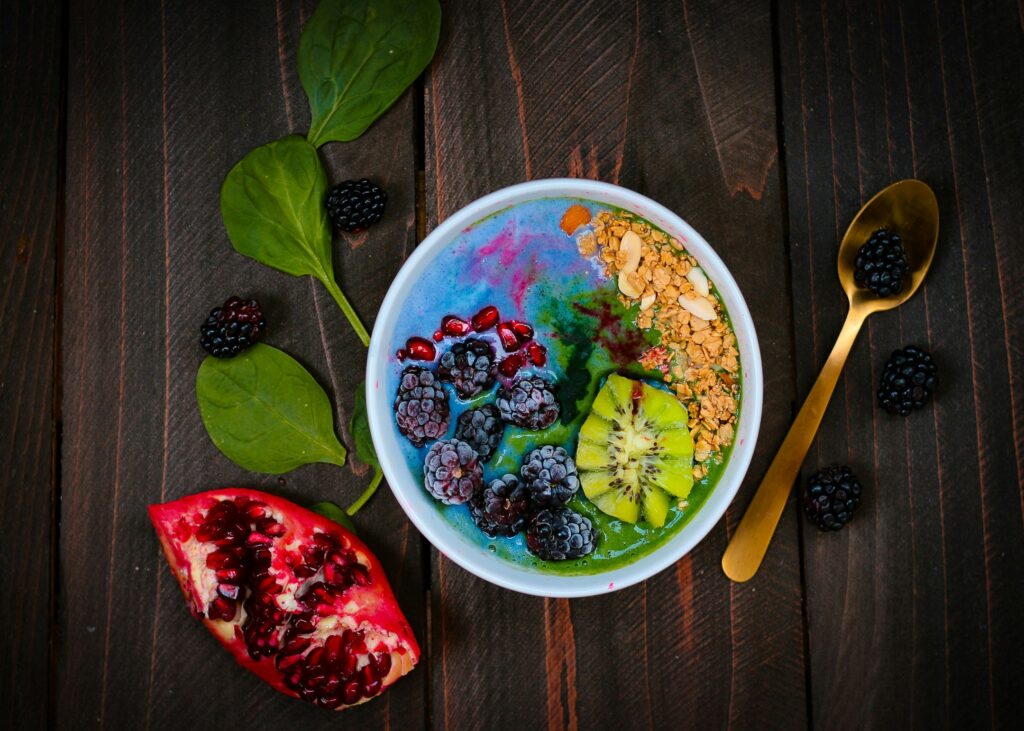
The Medi Weight Loss Week 1 Food List is carefully curated to include foods that are high in protein, low in carbs, and rich in essential nutrients. This combination helps to keep you full, maintain muscle mass, and kickstart fat burning. The list is simple, but it’s designed to maximize your weight loss efforts from the get-go.
Approved Proteins {#approved-proteins}
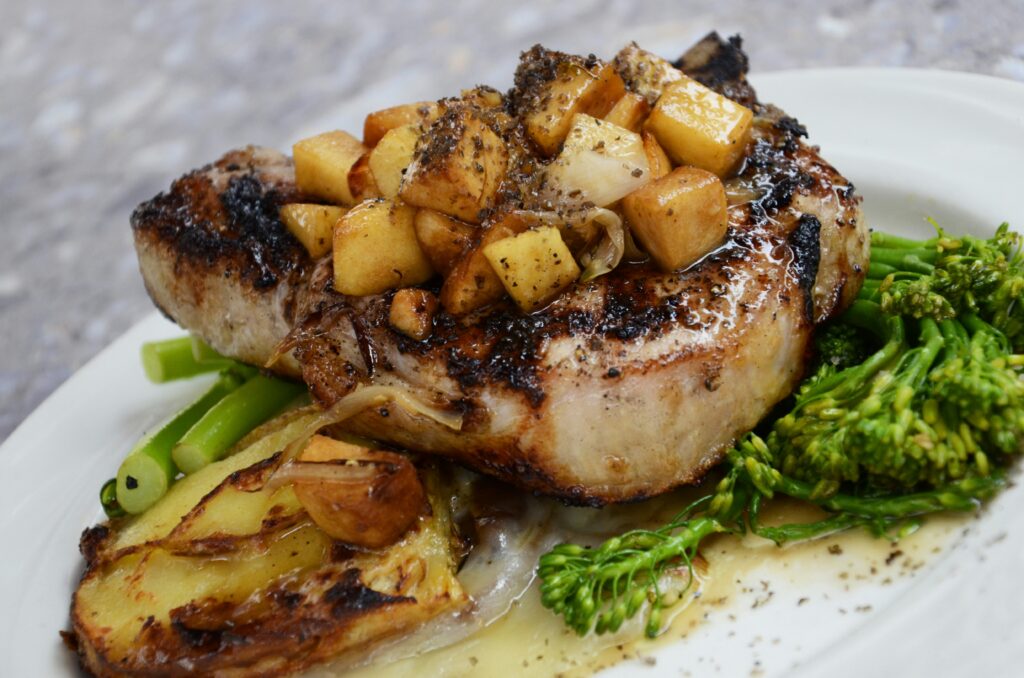
Proteins are the building blocks of your body. During Week 1, you’ll focus on lean proteins that are easy to digest and provide sustained energy. Here are some approved proteins:
- Chicken Breast: A staple in any weight loss diet, chicken breast is low in fat and high in protein.
- Turkey: Another lean meat, turkey is versatile and easy to incorporate into meals.
- Fish: Rich in omega-3 fatty acids, fish like salmon and cod are excellent choices.
- Eggs: A perfect source of protein and nutrients, eggs can be included in various meals.
Low-Carb Vegetables {#low-carb-vegetables}
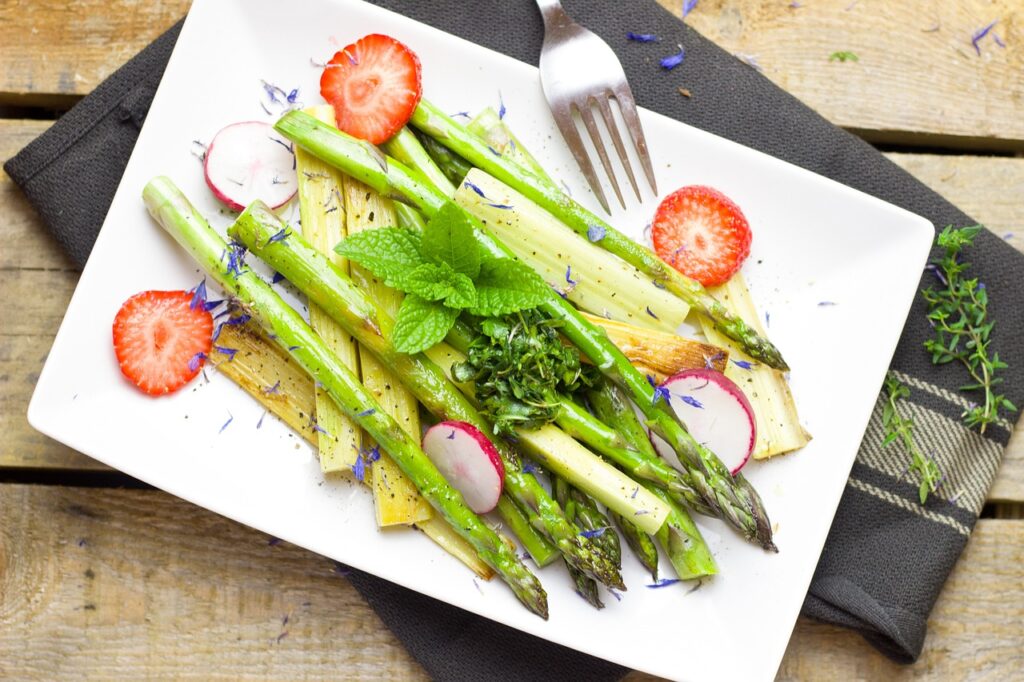
Vegetables are essential for providing vitamins, minerals, and fiber. During Week 1, you’ll focus on low-carb options such as:
- Spinach: Packed with iron and vitamins, spinach is a great addition to any meal.
- Broccoli: High in fiber and vitamin C, broccoli helps keep you full and satisfied.
- Cauliflower: A versatile vegetable that can be used in various dishes, from mashed “potatoes” to rice.
- Zucchini: Low in calories and high in nutrients, zucchini is perfect for stir-fries and salads.
Healthy Fats {#healthy-fats}
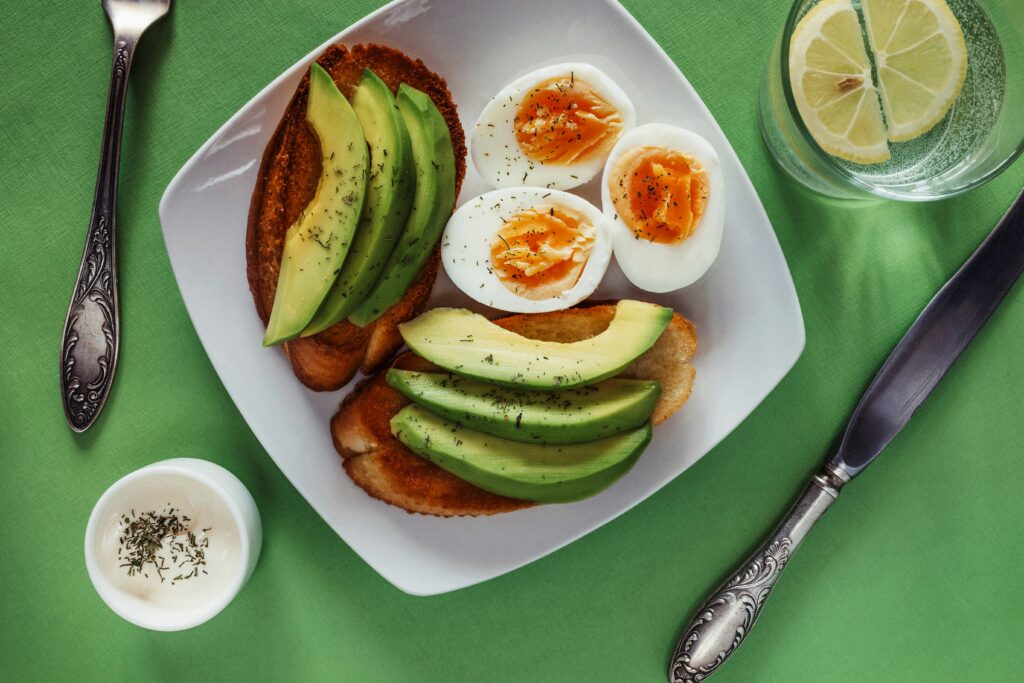
Contrary to popular belief, fats are not the enemy. Healthy fats are crucial for brain function and overall health. Some approved healthy fats include:
- Avocado: A nutrient-dense fruit that provides healthy monounsaturated fats.
- Olive Oil: Rich in antioxidants and anti-inflammatory properties, olive oil is great for cooking and salads.
- Nuts and Seeds: Almonds, chia seeds, and flaxseeds are excellent sources of healthy fats and fiber.
Foods to Avoid {#foods-to-avoid}

To ensure success, it’s important to avoid certain foods that can hinder your progress. These include:
- Sugary Foods and Drinks: Sodas, candies, and pastries are off-limits.
- Processed Foods: Foods high in preservatives, artificial flavors, and trans fats should be avoided.
- Starchy Vegetables: Potatoes, corn, and peas are high in carbs and should be limited.
- Grains: Bread, rice, pasta, and other grains are not part of the Week 1 plan.
Creating Your Meal Plan {#meal-plan}
Planning your meals in advance can make Week 1 easier to navigate. Start by listing out your meals and snacks for each day, ensuring you include a variety of proteins, vegetables, and healthy fats. Here’s a simple format to follow:
- Breakfast: Choose a high-protein option like scrambled eggs with spinach.
- Lunch: Opt for a salad with grilled chicken and olive oil dressing.
- Dinner: Include a lean protein like fish, paired with steamed broccoli and cauliflower.
- Snacks: Keep it simple with nuts, seeds, or a small serving of avocado.
Sample Meal Ideas {#sample-meals}
To give you a head start, here are some sample meal ideas for your first week:
- Breakfast: Omelet with spinach and mushrooms.
- Lunch: Grilled chicken salad with mixed greens and a lemon vinaigrette.
- Dinner: Baked salmon with a side of roasted zucchini and bell peppers.
- Snack: A handful of almonds or a small serving of Greek yogurt.
Staying Hydrated {#hydration}

Hydration is key to any weight loss plan. Water helps to flush out toxins, keep you feeling full, and improve overall health. Aim to drink at least 8 glasses of water a day. You can also include herbal teas and infused water for variety.
Snacking Smartly {#snacking}
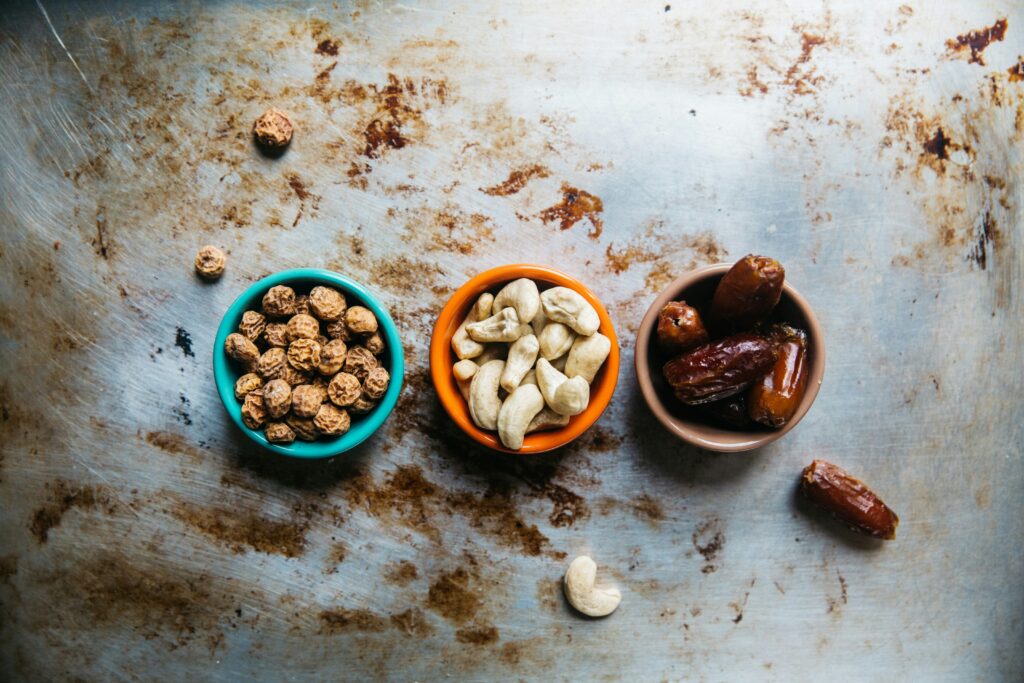
Snacking doesn’t have to derail your diet. Choose snacks that are high in protein and healthy fats to keep you satisfied between meals. Some smart snack options include:
- Greek Yogurt: High in protein and probiotics.
- Nuts and Seeds: Portable and easy to eat on the go.
- Vegetable Sticks: Carrot sticks, cucumber slices, and bell pepper strips with a healthy dip like hummus.
Importance of Portion Control {#portion-control}
Even with healthy foods, portion control is crucial. Overeating can lead to weight gain, even if the food is healthy. Use smaller plates, measure your portions, and listen to your body’s hunger cues to avoid overeating.
Tips for Staying on Track {#tips-staying-on-track}
Staying on track can be challenging, but these tips can help:
- Keep a Food Journal: Writing down what you eat can help you stay accountable.
- Meal Prep: Prepare meals and snacks in advance to avoid making unhealthy choices.
- Stay Positive: Focus on your progress and celebrate small victories.
- Seek Support: Join a support group or find a buddy to share your journey with.
Preparing for Week 2 {#preparing-week-2}
As you approach the end of Week 1, start preparing for Week 2. This involves gradually reintroducing certain foods while maintaining a balanced diet. Plan your meals, stock up on groceries, and set new goals for the upcoming week.
Conclusion {#conclusion}
Starting the Medi Weight Loss journey is an exciting step toward better health. Week 1 is all about setting the foundation, detoxifying your body, and jumpstarting your metabolism. By following the approved food list and incorporating healthy habits, you’re setting yourself up for success. Remember, the journey is just beginning, and each step you take brings you closer to your goals.
FAQs {#faqs}
1. Can I drink coffee during Week 1?
Yes, you can have black coffee or with a small amount of approved sweetener. Avoid adding cream or sugar.
2. What if I feel hungry between meals?
Opt for a high-protein snack like Greek yogurt or a handful of nuts to keep you satisfied.
3. Can I exercise during Week 1?
Light exercise is recommended, but avoid intense workouts as your body adjusts to the new diet.
4. Are there vegetarian options for the protein sources?
Yes, you can
